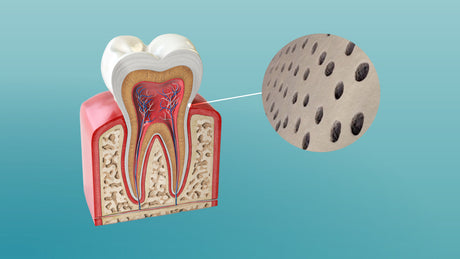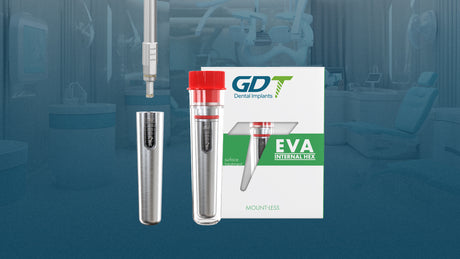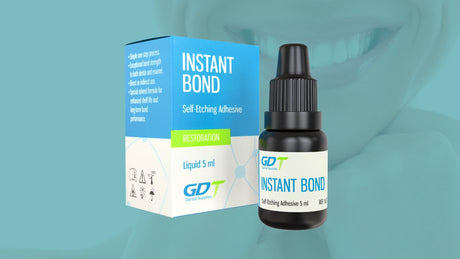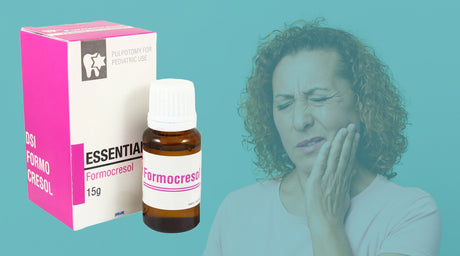Peri-implantitis is a dental disease resulting in inflammation of the soft and hard gum tissues surrounding a dental implant. Peri-implantitis is associated with loss of bone structure around the inflamed gum supporting the tooth implant.
So, how does peri-implantitis begin?
- The primary sources of peri-implantitis are: Compromised Immune System: Patients affected by a disease that affects the whole body is at a higher risk of peri-implantitis. If you have diabetes or another systemic illness, consult with your dentist about dental implants. At Dental Partners of Boston, we understand how these diseases affect peri-implantitis, and we can adjust our treatment accordingly. Additionally, if patients have ever had a different type of mouth infection similar to peri-implantitis - they may be at a higher risk. Bring it to your dentist’s attention if you have ever contracted periodontitis extensive gum disease or other bacterial mouth infections.
- Insufficient Dental Care: Peri-implantitis is caused primarily by the bacteria and food particles that gradually accumulate around dental implants and gum lines. Careful and consistent dental care is needed to minimize and eliminate harmful pathogens, which are found in plaque and tartar. As with most other dental conditions, peri-implantitis can be made worse by smoking, alcohol, and drug use. Consult your Periodontist for more information on how to adopt healthy dental habits.
- Parafunctional Habits: these are habits you may have. They can be due to malformation of part of your body or a nervous tick. They can even occur unconsciously during sleep. Habits like grinding your teeth in your sleep, poorly positioning your teeth when your jaw is closed, nail-biting, and others.
Symptoms of peri-implantitis
An infected dental implant (peri-implantitis) may have the following symptoms:- Bleeding or pus
- A fever
- Throbbing pain
- Redness and swelling in the gums
- Bad breath
- Difficulty chewing your food
- The implant feels loose
Treatments for peri-implantitis
The management of peri-implantitis should be focused on the control of the infection, the detoxification of the implant surface, and the regeneration of the alveolar bone. While surgery is usually required for the treatment of peri-implantitis, some patients prefer to opt for non-surgical treatment options. Non-surgical peri-implant therapies include:- Antibiotics
- Antiseptics
- Ultrasonic
- Laser treatments
Regenerative procedures using a bone graft substitute in combination with a membrane have also been proposed to treat bone defects in advanced cases of peri-implantitis. This procedure involves the following:
- Debridement – implant cleaned
- Implant surface decontamination
- Anti-infective therapy
- Surgical technique
- Implant removal
How to prevent peri-implantitis?
Preventative care is possible to avoid peri-implantitis, much of which can be done at home. It’s important to keep your dental implant clean. The best ways to keep them clean at home are to do the following:- Brushing teeth twice a day or after meals
- Flossing at least once a day, preferably before bed
- Use mouthwash
- Not smoking, especially during the healing process
This should happen every 6 months when you make your 6 monthly visits to the dentist or hygienist.To avoid infection directly after having an implant inserted, the following will help:
- Avoid disturbing the implant.
- Rinse 2-3 times a day with saltwater.
- When brushing, be very gentle on the implant.
Conclusion: Understanding and Managing Peri-Implantitis
Peri-implantitis is a serious dental condition that can compromise the longevity and success of dental implants. Understanding its causes, symptoms, and treatment options is crucial for both patients and dental professionals. By recognizing the early signs of peri-implantitis and seeking timely intervention, the progression of the disease can be halted, preserving the health of the implant and surrounding tissues.Preventive measures, including maintaining excellent oral hygiene and regular professional cleanings, play a pivotal role in minimizing the risk of peri-implantitis. Incorporating good dental habits such as brushing, flossing, and avoiding harmful behaviors like smoking can significantly reduce the likelihood of infection and inflammation around dental implants.
For those already experiencing peri-implantitis, a combination of non-surgical and surgical treatments is available to manage the condition effectively. Collaborating with your dental professional to tailor a treatment plan that suits your specific needs can lead to successful outcomes and the restoration of oral health. By staying informed about peri-implantitis and actively participating in preventive care, patients can enjoy the benefits of dental implants with reduced risk of complications, ensuring a healthier and more confident smile.














